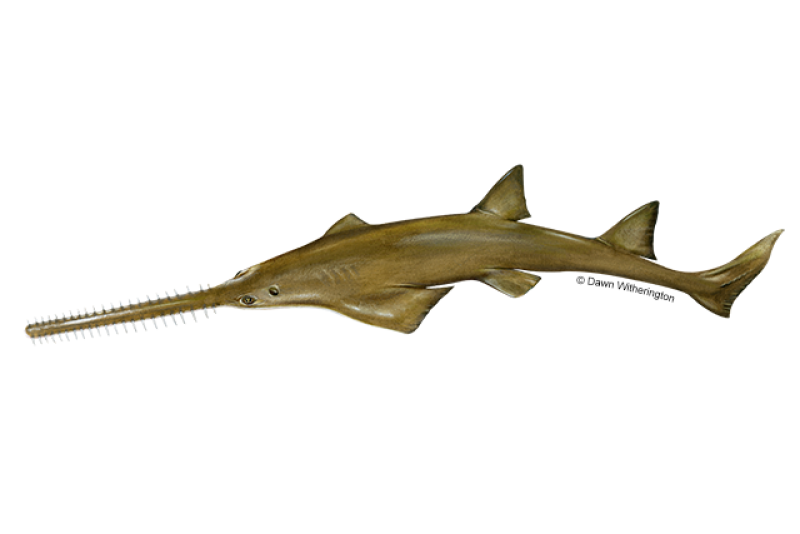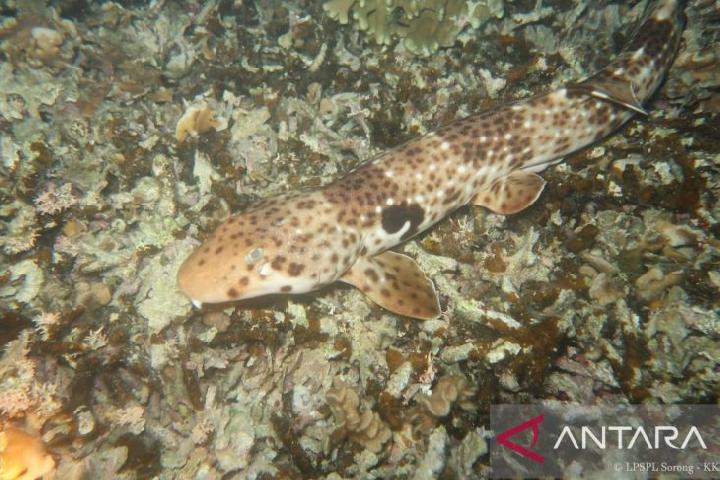Revitalization: collective action for the ocean The ocean covers over 70% of the planet. It is our life source, supporting humanity’s sustenance and that of every other organism on earth. […]
Read MoreSupport Increasing International Protection for Endangered Sharks at CITES CoP20
As a U.S. nongovernmental organization Shark Stewards will attend CoP20 as a participant advancing the Oceanic Whitetip shark, Whale shark and Gulper Sharks. In addition we will be advancing the proposal with Mexico to increase Hammerhead sharks to Appendix I: the highest level of protection for trade available.
Read MoreDeadline to Comment and support the EU Shark Fin Trade Ban
June 4th 2024 is the final public comment deadline to the eu commission to end the trade of shark fin. Add your voice below. The questions are focused on policy options- selecting option 7 will have the most impact regulating trade.
Read MorePacific Tuna Fisheries Managers to Consider Bycatch Reduction for Oceanic Sharks
At the IATTC Shark Stewards Director David McGuire addressed the forum on the plight of oceanic whitetip sharks and posed the solution offered by the Hawai’i Longline Association and Western and Central Pacific Fishing Commission’s move to swap out wire leaders for monofilament so that captured sharks can bite free, while the target species of swordfish and tuna are still retained.
Read MoreThe Weird, Wild and Nearly Extinct Sawfish
Currently in the news is an account of unusual spinning behavior and deaths in an Unusual Mortality Event, potentially attributed to a neurological pathogen off the coast of Florida. The global populations of all five sawfish species have experienced historic declines greater than 90% due to fisheries overexploitation (directed and bycatch) and habitat loss. Consequently, three species are listed on the IUCN Red List as Critically Endangered, and two species are listed as Endangered. There is a very real risk that these unique species will be lost without urgent conservation action
Read MoreWonderful Whale Sharks: the Ocean’s Biggest Fish
The Whale Shark (Rhincodon typus) is the largest fish in the world, and they are disappearing.
Read MoreCelebrate Intl Whale Shark Day and Join our Shark 101 live Webinar
Join us for a free shark 101 live zoom on international whale shark day, and learn how to participate in community science!
Read More‘Walking shark’ Protected in Indonesia
The study, titled “Walking, Swimming, or Hitching a Ride”, was published in the journal Marine and Freshwater Research examined nine known species of walking sharks and make interesting hypothesis about their evolution. The sharks evolved the ability to walk and survive in low oxygen environments because it helped them forage for food in environments where other sharks couldn’t survive.
Read MoreNew Guide to Species Proposals at CITES
This year delegates and scientists will convene to consider increasing international trade protection for hundreds of species of plants and animals under CITES, a multilateral treaty to protect endangered plants and animals from the threats of international trade. The Convention on International Trade in Endangered Species of Wild Fauna and Flora (CITES) entered into force in 1975, and became the only treaty to ensure that international trade in plants and animals does not threaten their survival in the wild. A State or country that has agreed to implement the Convention is called a Party to CITES. Currently there are 184 Parties, including 183 member countries and the European Union.
Read MoreWildlife Rehabilitation and Education at Safari West
Join Shark Stewards and other animal wildlife organizations helping save and protect endangered species and our Planet Earth and Ocean.
Read More





